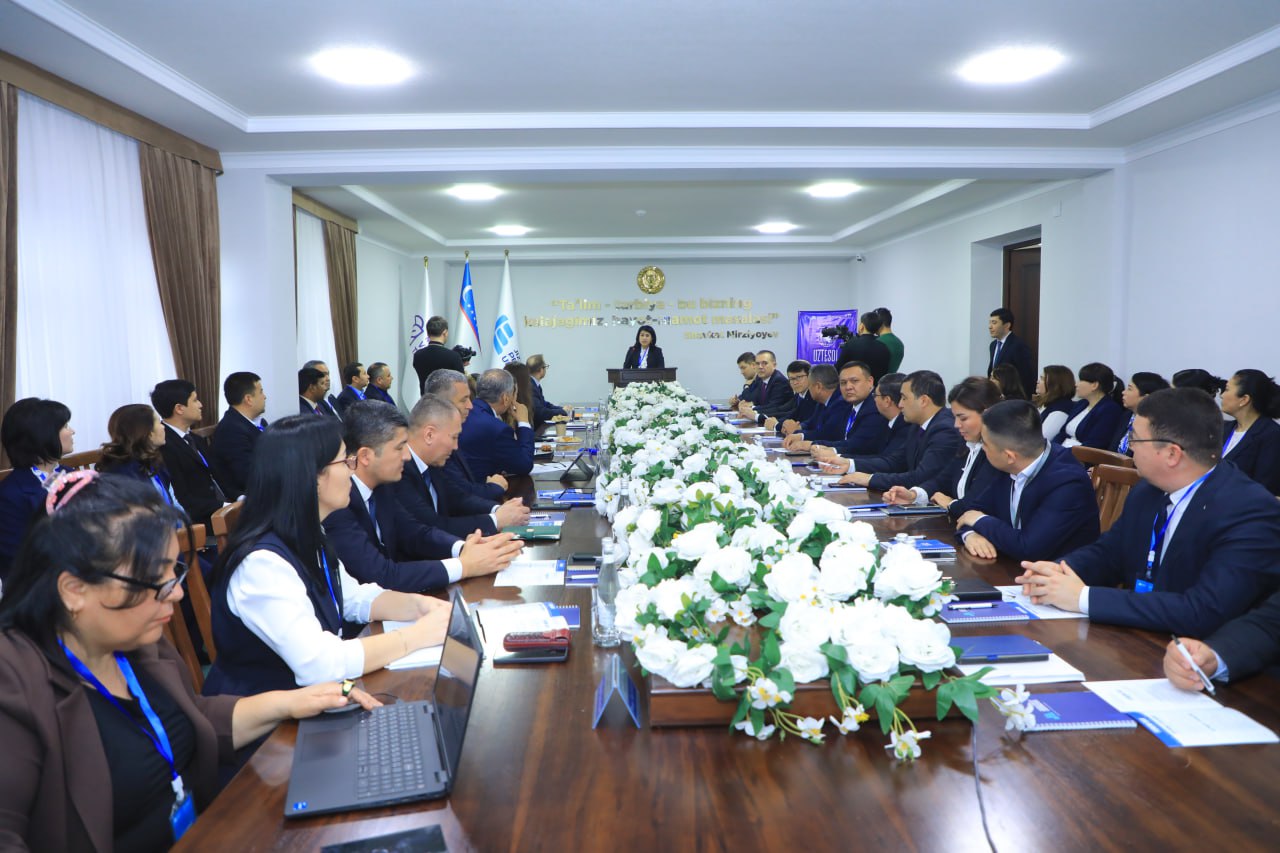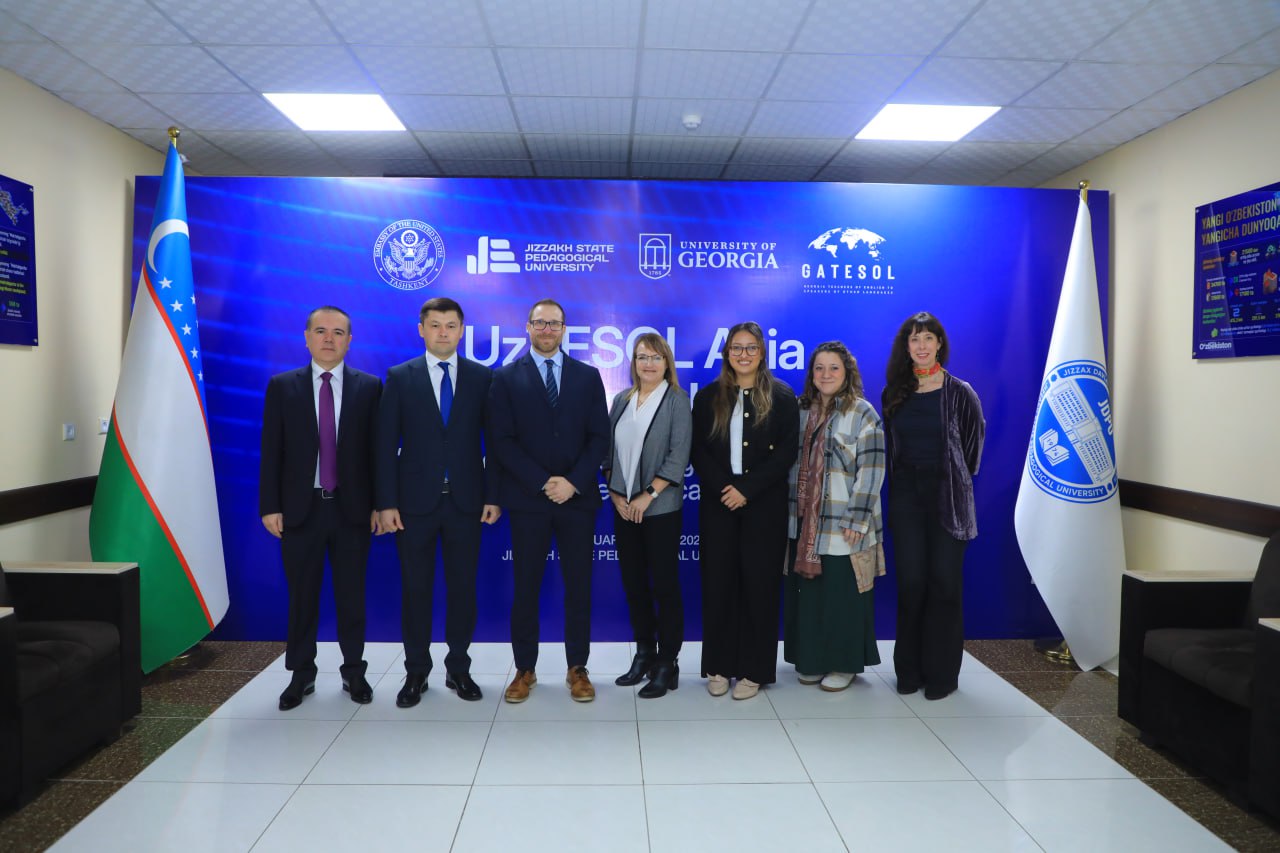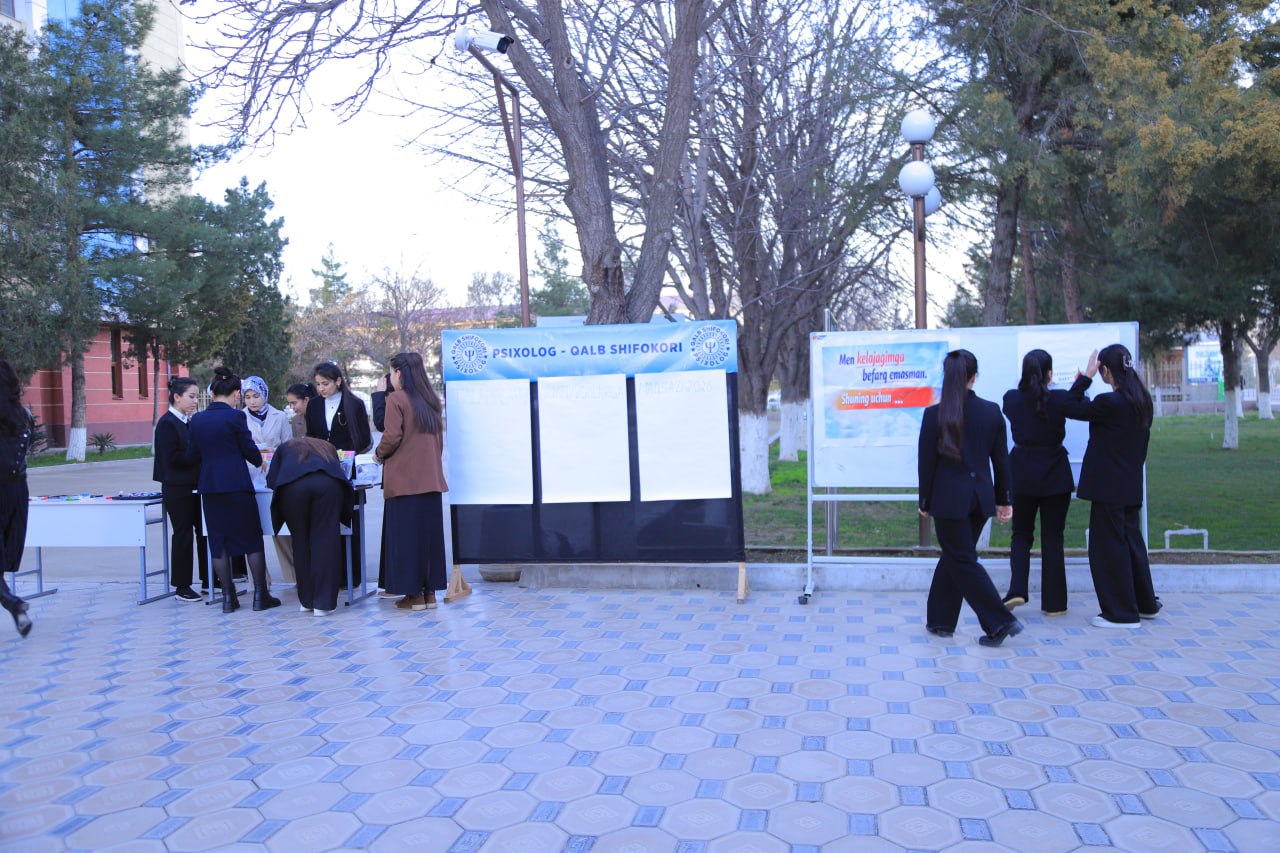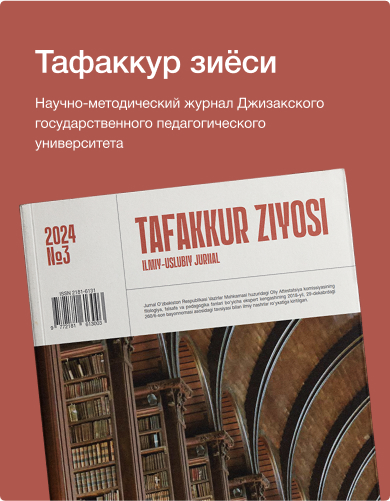Fotima Abdullaeva, senior teacher JSPU
E-mail address: fotimaabdullaeva@mail.ru
Abstract. This article is dedicated to the fact that there are a large number of special terms in the text, especially those that have recently appeared anew (neologisms) and have not yet been recorded in dictionaries, poses significant difficulties in translation practice. The richness of the language of scientific and technical literature in such new terms is explained by the fact that terms are a naturally mobile layer of linguistic vocabulary content.
Keywords: terms, technical, literature, style, scientific, language, special.
The translation of technical literature differs from the translation of fiction in a number of distinctive features. This is due to specific aspects, first of all, to the specifics of the language of technical literature. The main requirements for the language of scientific and technical literature are the style of expression, the style, the brevity of the statement and the accuracy of the expressed thoughts. Alternatively, scientific and technical literature is also qualitative in its saturation with special terms (and abbreviations), traditionalism in the use of words, and the preferred use of certain syntactic phrases over others.
The fact that there are a large number of special terms in the text, especially those that have recently appeared anew (neologisms) and have not yet been recorded in dictionaries, poses significant difficulties in translation practice. The richness of the language of scientific and technical literature in such new terms is explained by the fact that terms are a naturally mobile layer of linguistic vocabulary content. The vocabulary content of the language is constantly overflowing, and this linguistic phenomenon is due to the development of Science and Technology, their position in society, new special terms created to name, call new concepts and phenomena that have arisen in recent years as a result of the rapid growth of the development of Science and technology. Usually, in essence-according to its purpose, scientific and technical literature should reflect the latest achievements of Science and technology in itself; neologisms, on the other hand, make up a relatively large percentage of the total lexicon.
Terminology, in general and technical terminology in particular form part of a nationwide language. In it, in particular, the elliptical character of expression of thought is clearly visible, and this, first of all, happens from the point of view of the requirements of scientific accuracy and brevity. Another main stylistic feature of technical literature is the spontaneity of the statement of material and fluency of expressions.
Another of the peculiarities of the English scientific and technical language, and of the English language as a whole, is that in it the moral saturation is weakened depending on the end of the sentence. In Russian, on the other hand, an opposite phenomenon occurs, that is, spiritual growth develops from the beginning of a sentence to its end. Neither of the above considerations can be mentioned about the Uzbek language, we think that this should be influenced in a certain sense by the fact that in many ways in the Uzbek language the emphasis is on the cross-section of the sentence. Thus, in English, the aspect to focus on is first place, while in Russian, on the contrary, it stands in last place. Uzbek is formed from sentences that require an equal distribution of attention.
In addition to such features as brevity and accuracy inherent in scientific and technical literature, the technical text is also characterized by its richness in figurative phraseology compounds of a technical nature. For example, The wire is alive, dead engine landing. In such cases, a full-fledged (adequate) translation is achieved due to the fact that, in addition to the fact that the content is clearly given, all elements of the image of the original are conveyed to the reader. Although a distinctive feature of scientific and technical literature is the presence in it of a large amount of special terms, it includes a large percentage of words and combinations in general. A significant part of the common vocabulary is made up of ambiguous words. In some cases, it is not enough just to know their grammatical signs alone to determine the meaning of ambiguous words, it becomes equally necessary to know their lexical connections. Typical representations of such ambiguous words include lexical units such as to suggest, to stem, to claim, to understand, which are widely used in English technical terminology.
Another important aspect of technical text translation is that in many cases the translator has to create alternatives to terms in another language himself to refer to new concepts. It is the terms that make it difficult to translate technical material.
When translating fiction, understanding a foreign language text usually does not cause so much difficulty, and as a main problem, a re-creation of the aesthetic and ideological world of the original, its landscape, in the language of translation occurs. Meanwhile, understanding a scientific or technical text in a foreign language, on the other hand, will usually be associated with a number of difficulties of one degree or another, significance. At the initial stages, the peculiarities of the grammar of the first Lombard, foreign-language is a challenge in this. Later, with the increased skill of the interpreter, grammatical difficulties recede, but the identification of the meanings of unknown terms still remains a necessity. It is not always possible to find the meaning of an unknown term. Often the interpreter is forced to make a special structural (Morpho)-semantic analysis of the context and term.
REFERENCES:
- Aircraft Engineering, – London, 1958, 1959.
- The Aeroplane, – England, 1958.
- Zimmerman M.G. Russian-English Scientific and Тechnical Dictionary of Useful Combinations and Expressions.
- Kasimov N. Issues of scientific and technical terminology of the Uzbek language. – T., 1982,





